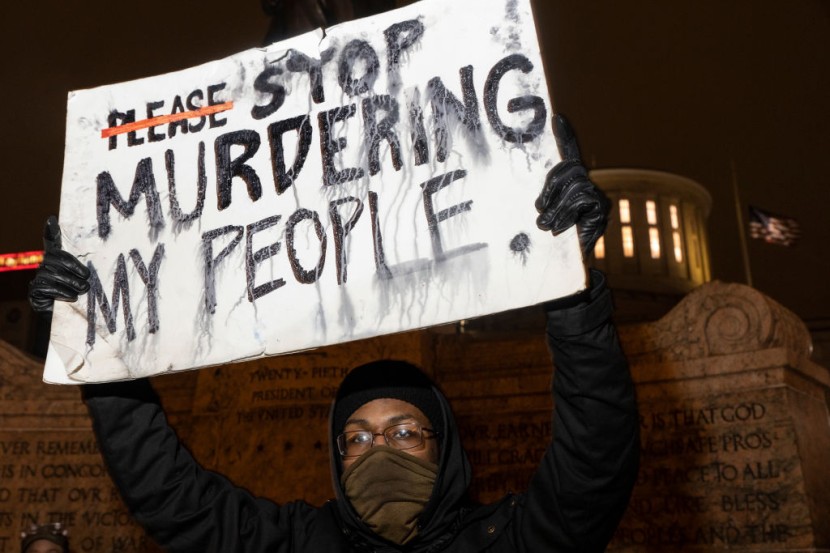The fact that Black Americans face a disproportionate amount of police violence in the United States is not up for debate. However, the degree to which these things affect the mental and emotional health of African Americans is still coming to light.

Two new studies, one tying police-involved deaths to sleep disturbances and the other discovery of a racial gap existing between racial and ethnic demographics that are injured by Tasers and those that are not, allow somewhat of a measurement to that which is largely subjective to all but those who it affects.
Three editors of JAMA Internal Medicine wrote that the health effects of police violence on Black people "need to be documented as a critical first step to reducing these harms."
The sleep study involved researchers looking through responses from more than 2 million people from 2013 to 2019 in two large surveys conducted by the government.
What Were The Results?
Each reported on sleep following police-involved killings of unarmed Black folks. The study found a pattern of sleep disturbances which resulted in some getting less than six hours of sleep among Black people, but not among white people.
Between 2013 and 2019, the years upon which the study focused, a total of 331 Black people were killed in police-involved incidents. All of them were Black, according to Mapping Police Violence- a project that uses Justice Department statistics and crowdsourced databases.
For prominent deaths, such as Eric Garner and Tamir Rice, there was an 11.4% increase in reporting short sleep compared to the average Black survey respondents. The percentage of deaths of any kind was 6.5 percent.
The study cannot, however, prove cause and effect. Adjustments were made for age, sex, education and other factors that may account for sleep differences, and still found that the pattern persisted.
"Discrimination can manifest in all sorts of ways, one of which is unequal exposure to police use of force," said Dr. Atheendar Venkataramani of the University of Pennsylvania, who led the study. Poor sleep can raise "the lifetime risk of a number of diseases, as well as the risk of early death."
A second highly-publicized study showed differences in the existence and severity of injuries obtained when Tasers and similar weapons were employed by the police.
The study is the first national analysis of such injuries, using emergency department data. A new medical code was added in 2019 to denote law enforcement-related Taser usage.
Nearly 36% of those injured were Black, far above their 13.6% share of the general U.S. population. White people made up 39% of the injured, Hispanic people 17.6%, Native Americans 2% and Asian or Pacific Islander people 1.4%.
The injuries included puncture wounds, concussions, fractures and traumatic brain injuries.








